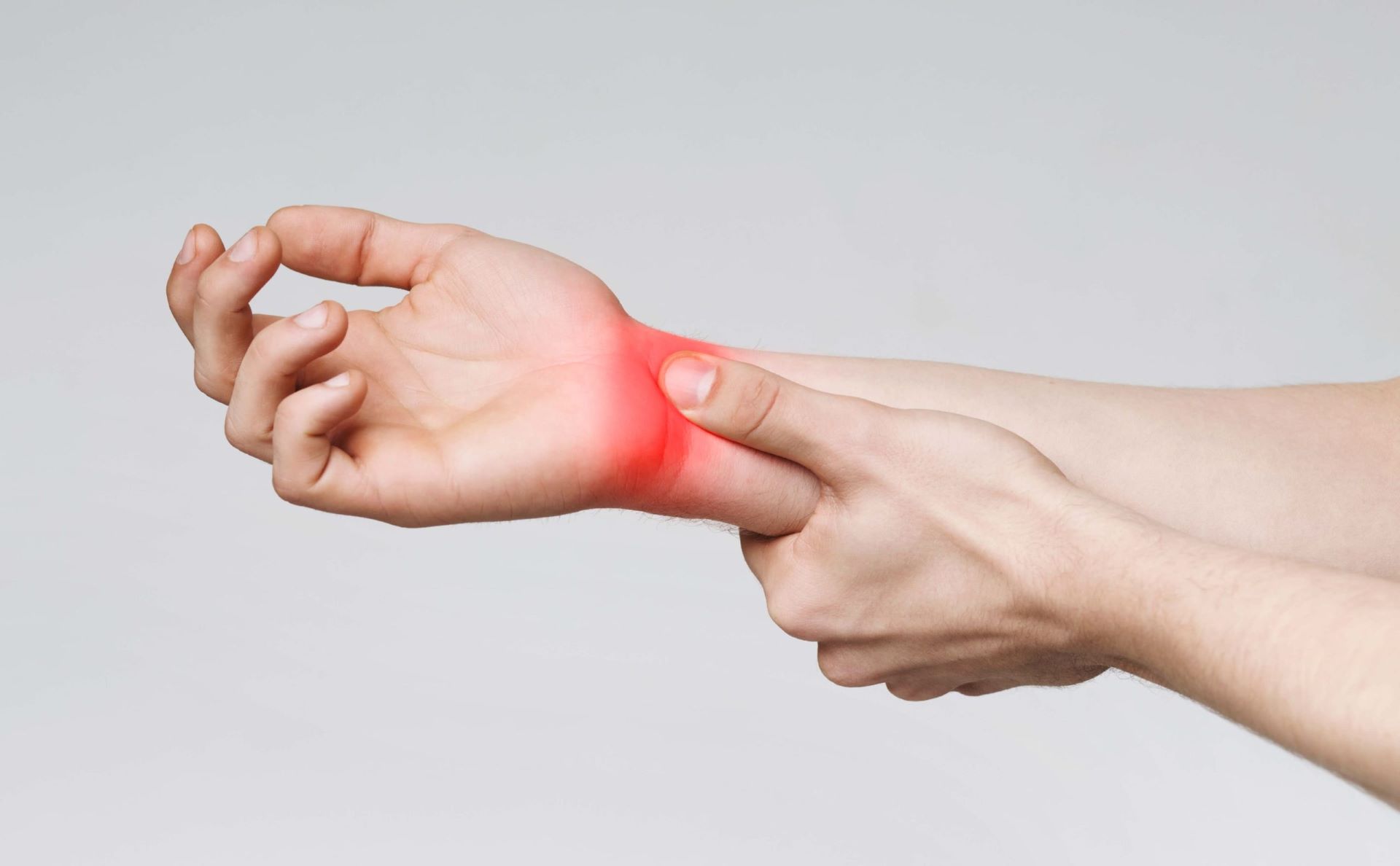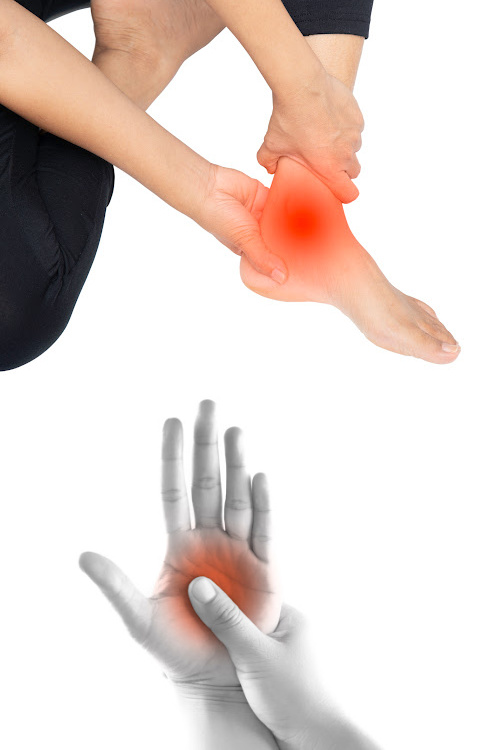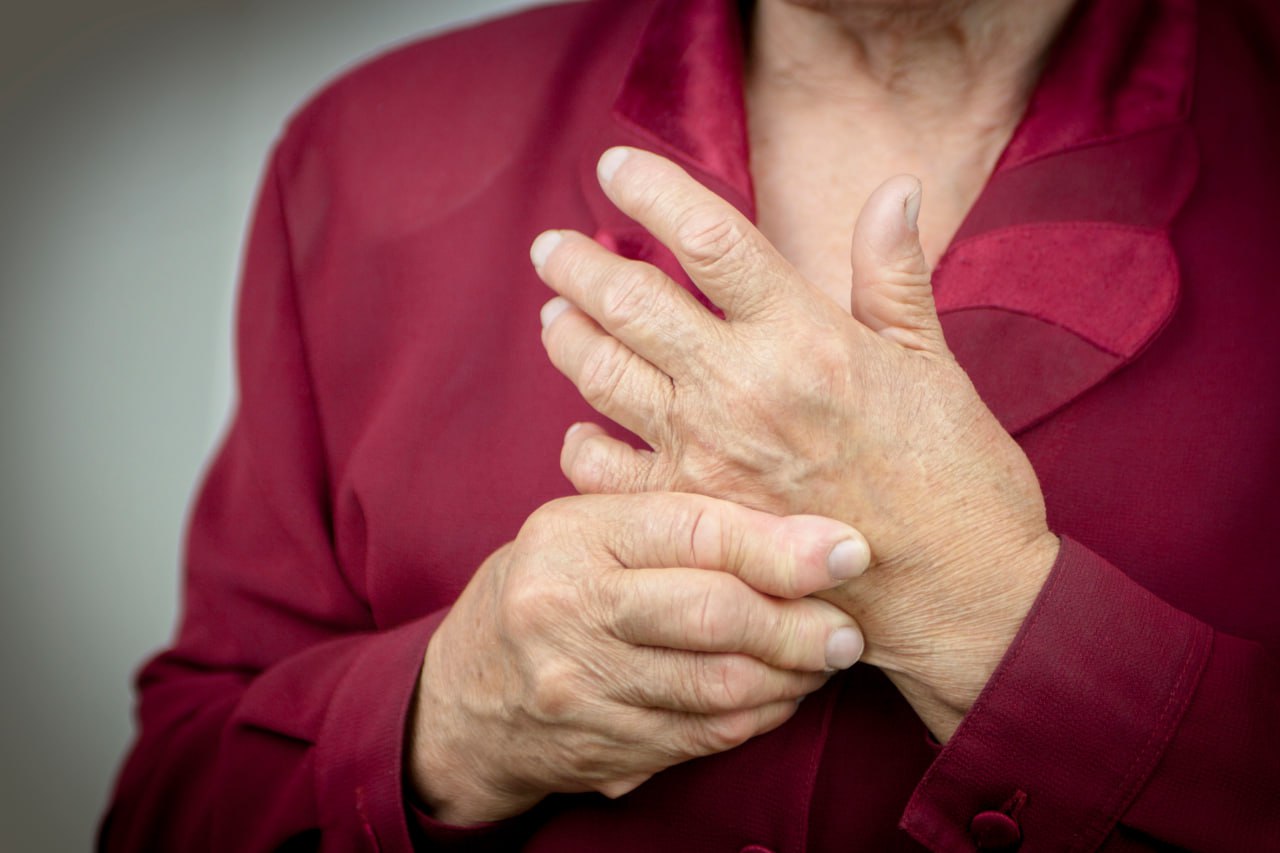Experiencing persistent weakness in your hands can significantly impact your quality of life. If you have weakness in your hands, it can be difficult to perform everyday tasks. It can be especially problematic if you use your hands to perform your job. If you lack strength in your hands, picking up objects or gripping tools can be challenging.
However, to address the issue, you need to know what is causing it. There are many possible underlying issues that can lead to hand weakness. Understanding the root cause of your hand weakness will help you determine the best course of action for treatment.
Weakness In The Hands And Its Impact On Hand Anatomy And Physiology
The human hand comprises 27 bones (19 in the hand and eight in the wrist), 34 muscles, and numerous tendons, ligaments, and nerves. The anatomy of the hand is complex and enables the hand to perform a wide range of movements. The muscles in the hands are responsible for flexing, extending, abducting, or adducting the fingers and thumb. These movements enable us to pick up objects, write, type, push buttons, etc.
However, when you experience weakness in your hands, it can impair your ability to do these activities. Weakness in the hands can refer to decreased strength or difficulty performing specific movements.

Negative Implications Of Having Weak Hands
When you experience hand weakness, it can make everyday tasks difficult or even impossible. It affects your ability to grip objects and the strength of your fingers. This can lead to difficulties with activities such as turning door handles, holding a pen for writing, typing on a computer keyboard, driving, and playing musical instruments, to name a few.
Weakness in the hands may also cause a reduced range of motion and mobility, which can reduce your independence. After all, you rely on your hands to carry out many of the essential tasks in life.
Conditions Associated With Weakness In The Hand
Weakness in the hand is generally referred to as a functional disorder. A functional disorder is a problem with the functioning of muscles, nerves, or tendons. As such, a functional disorder of the hand can lead to weakness, numbness, and reduced range of motion. Some conditions that can cause weakness in the hands include the following:
Carpal Tunnel Syndrome
Carpal tunnel syndrome (CTS) is a common condition that is known to cause numbness, tingling, and weakness in the hand. It occurs when one of the major nerves in the hand—the median nerve—becomes compressed at the wrist. The symptoms of CTS can range from mild to severe, depending on how much pressure there is on the nerve.
CTS is normally caused by repeated stress and overuse of the wrist. It can also be caused by medical conditions such as rheumatoid arthritis, obesity, diabetes, thyroid disorders, and pregnancy.
Cubital Tunnel Syndrome
Cubital tunnel syndrome is a similar condition to carpal tunnel syndrome. It occurs when the ulnar nerve in the elbow becomes compressed. Some of the symptoms of cubital tunnel syndrome include tingling, numbness, and weakness in the hand. Cubital tunnel syndrome can be caused by any activity that puts stress on the ulnar nerve, such as sleeping with your arm bent for a long period of time or repetitively leaning on your elbow.
Nerve Compression
Nerve compression is the pressure on a nerve caused by surrounding tissues, such as muscles, tendons, or ligaments. Nerve compression can cause pain and weakness in the hands. It can be caused by an injury or medical condition that puts pressure on the nerves in the hand. For example, a tumor or cyst in the wrist can cause nerve compression. An injury like a carpal fracture can also cause nerve compression.
Tendinitis
Tendinitis is a condition that can affect the hands that causes inflammation of the tendons. It can cause pain, swelling, and weakness in the hands that may be accompanied by stiffness or tenderness. Tendinitis can develop gradually or suddenly, depending on the cause. Overuse of the hand muscles and repetitive motion are common causes of tendinitis. It can also be caused by an injury or medical condition such as rheumatoid arthritis.
Viral Infections
Viral infections such as mumps, polio, and cytomegalovirus can damage the nerves in the hand and lead to weakness. They cause nerve damage by attacking and damaging the myelin sheath. The myelin sheath is the protective coating around the nerve. Depending on the type of infection you have, the symptoms may last a few days or be permanent.
Muscular Dystrophy
Muscular dystrophy refers to a group of genetic disorders that cause progressive muscle weakness and degeneration. It can affect any muscle in the body, including the muscles in the hands. It causes the muscles to become weaker and smaller over time, leading to weakening grip strength and difficulty performing everyday tasks. Symptoms of muscular dystrophy include weakness, joint pain, and reduced range of motion.
Diabetes
Diabetes is a chronic metabolic disorder. This condition is characterized by elevated levels of blood glucose. People with diabetes are at increased risk for nerve damage and hand weakness because of poor circulation. Uncontrolled diabetes can lead to neuropathy, which causes numbness and tingling in the hands. It can also cause muscle weakness, which makes it difficult to do activities that require fine motor skills or grip strength.
Rheumatoid Arthritis
Rheumatoid arthritis is an inflammatory autoimmune disorder. This means the body’s immune system attacks its tissues. It can cause joint pain, swelling, stiffness, weakness, and loss of dexterity in the hands. Rheumatoid arthritis is a chronic disorder that can affect any joint in the body but tends to affect the small joints of the hands and wrists first.
Peripheral Neuropathy
Peripheral neuropathy is a disorder that affects the peripheral nervous system, which includes the nerves that transmit signals from your spinal cord and brain to the rest of your body. It can cause numbness, tingling, muscle weakness, and hand pain. The condition can be caused by diabetes, chemotherapy, or other medical conditions.
Conditions We Treat With Neuragenex Neurofunctional Pain Management

Carpal Tunnel Syndrome Pain Treatment
Carpal tunnel syndrome is a condition that can cause debilitating pain and weakness in the hands, wrists, and arms. If you're suffering from this condition, our non-invasive, non-chiropractic treatment can provide quick relief from pain, improved grip...

Peripheral Neuropathy Pain Treatment
We offer a unique and leading-edge approach to treating the burning, tingling, throbbing pain that may be associated with peripheral neuropathy or nerve damage. We have helped 100’s of patients, just like you, reduce their pain fast and get back to living...

Rheumatoid Arthritis Pain Treatment
Rheumatoid arthritis can be a debilitating and painful condition that causes swelling, joint damage, and immobility. We offer a non-invasive, non-chiropractic solution to alleviate the pain associated with rheumatoid arthritis. Our treatments are designed to...

Ulnar Nerve Entrapment Pain Treatment
Ulnar nerve entrapment is a condition that affects the arm and hand, causing pain, numbness, and tingling sensations. Ulnar nerve entrapment pain can be debilitating and significantly impact your quality of...
Other Occurring Symptoms Associated With Neurological Disorders
In addition to weakness in the hands, other symptoms may occur if the cause is a neurological disorder. These can include numbness, pain in your hand and wrist, swelling of your fingers, decreased range of motion, or difficulty gripping objects. Weakness in the hand muscles may also be accompanied by muscle twitching or spasms.
Other common symptoms of neurological disorders that affect the hands include tingling or burning sensations, fatigue, and difficulty coordinating movements. In more severe cases, weakness of the hand muscles can lead to loss of strength and weakness in the arms and legs.
When To Seek Professional Help
If you experience any of the symptoms described above, such as numbness, tingling, or pain in the hands, you should contact your doctor. Additionally, if you experience sudden onset weakness in the hands or if the symptoms persist, you should contact your doctor as soon as possible. Weakness in the hands can indicate an underlying medical condition or injury, and it is crucial to identify the root cause of the issue to determine the best course of treatment.
When preparing for a doctor’s appointment, it is vital to make sure you have all of the relevant information about your health, such as any recent injuries or illnesses. It is also important to make a list of your symptoms and the duration of time you have been experiencing them. Additionally, it is helpful to bring a list of any medications you are taking and a copy of your medical records. This information can help your doctor accurately diagnose and treat your condition.
Conventional Treatment Options
Treatment for weakness in the hands will depend on the underlying cause. In most cases, treatment involves rest to allow the body to heal itself. Traditional doctors typically prescribe a more conventional treatment solution for more serious cases. Some of the more conventional treatment options for weakness in the hands include the following:
Wrist Splinting
Wrist splinting is a common treatment option involving wearing a brace on the affected wrist to keep it in a neutral position and reduce muscle strain. Doing so can reduce pain and prevent further injury. Additionally, limiting movement can help the muscles heal more quickly.
Nonsteroidal Anti-Inflammatory Drugs
Nonsteroidal anti-inflammatory drugs (NSAIDs) are commonly used to reduce hand inflammation and pain. NSAIDs block enzymes that cause inflammation, which helps reduce swelling and pain. NSAIDS include ibuprofen, naproxen sodium, and aspirin. However, NSAIDs can cause side effects, so talking to your doctor before taking these medications is important. Additionally, although they can provide short-term relief from symptoms, NSAIDs won’t treat the underlying cause of the weakness.
Steroid Injections
Steroid injections can help to reduce hand muscle inflammation and pain. A small dose of steroids is injected directly into the affected muscle, which helps reduce swelling and inflammation. Steroid injections can provide relief from symptoms in the short term, but they are not a long-term solution for treating weakness in the hands.
Additionally, they are somewhat invasive since they involve needles, which means that they can cause certain side effects. These side effects can include an increased risk of infection and nerve damage.
Endoscopic And Open Surgery
In more severe cases of hand weakness, a doctor might recommend surgery to repair damage to the muscles or tendons in the hands. Endoscopic and open surgeries involve surgically repairing damaged nerves and tissues by making small incisions in the affected area. These procedures can help reduce pain and improve hand strength, but they are invasive and should only be used as a last resort.
Like any type of surgery, there are risks associated with endoscopic and open surgeries, such as infection, scarring, and nerve damage. Surgery can also result in long recovery times and may not even be an effective solution.
Our Protocol For Neurologically-Related Weakness In Hands
We use Neuragenex Neurofunctional Pain Management approach to treating chronic conditions, such as neurologically-related hand weakness. This means that we focus on addressing the underlying cause of the weakness rather than simply treating the symptoms.
This non-invasive, drug-free Neuragenex Neurofunctional Pain Management Protocol is designed to target the source of the problem, such as damaged nerve endings, inflammation, or muscle weakness, to provide long-term relief. The following are the treatment solutions we use as part of our whole-person approach to pain management:
Electroanalgesia
Electroanalgesia is a pain management technique that uses high-pulse electrical current to ease pain, boost blood circulation, improve mobility, and induce...
IV Therapy
IV nutritional therapy, or intravenous therapy, involves administering vital nutrients directly to the bloodstream through an IV. This type of treatment bypasses the digestive system, allowing for maximum absorption and utilization of nutrients by the...
Lifestyle Counseling
Lifestyle counseling is an approach to managing chronic pain that involves identifying, assessing, and modifying lifestyle factors contributing to an individual's pain. For example, lifestyle factors such as nutrition, physical activity, stress, sleep quality...
Your Well-Being Is Our Top Priority
Our team is dedicated to providing you with the highest standard of care so you can get back to living your best life. We are committed to helping you find lasting relief from weakness in your hands with our Neuragenex NFPM Protocol. Unlike conventional treatment, our approach focuses on treating the underlying cause of your pain and disability using non-invasive, drug-free, and non-chiropractic treatment solutions so that you can experience lasting results.
Don't let weakness in your hand affect your daily activities.




